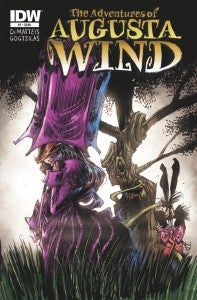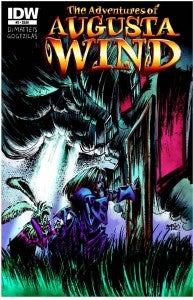Earlier today, ComicBook.com brought you an interview with veteran comics scribe J.M. DeMatteis, who wrote a backup feature for last week’s status quo-shattering Amazing Spider-Man #700 and who, the week or so before that, was revealed to be DC Comics Co-Publisher Dan DiDio’s co-writer on upcoming issues of Phantom Stranger.In that earlier conversation, DeMatteis explained, “In many of my stories, most notably Moonshadow and Brooklyn Dreams (the title of the Spidey story, “Spider-Dreams,” was a nod to BD), I’ve played with time and memory, the way we think our lives have been versus the way they actually were; the way we choose to remember events, even if we know they might have been very different. That’s one of the things I wanted to explore in this story.Certainly that’s a theme that’s very fertile ground to be carried through not only to Phantom Stranger–where the central character was revealed essentially to be Judas Iscariot in the DC Universe, even if nobody’s actually said those words in that order on the page yet–but his creator-owned title, The Adventures of Augusta Wind, currently coming out from IDW Publishing and featuring art by co-creator Vassilis Gogtzilas.In our review of the first issue, ComicBook.com said that “The Adventures of Augusta Wind breaks a lot of the rules of today’s all-ages comics market, and comes out the other side better for it.” It’s a great title, which you can check out on ComiXology by clicking here.In that story, the main character first appears as a teenage girl, telling a fairy tale to her siblings about how, before she ever met them, she was a mythical being who saw their family on a trip to earth and decided to join them and be a part of their happy, little life. Unsure of exactly how she came up with this fanciful tale, it’s as surprising to Augusta as it is to the readers to discover it’s actually a true story. DeMatteis joined us to talk about both projects.
Videos by ComicBook.com














